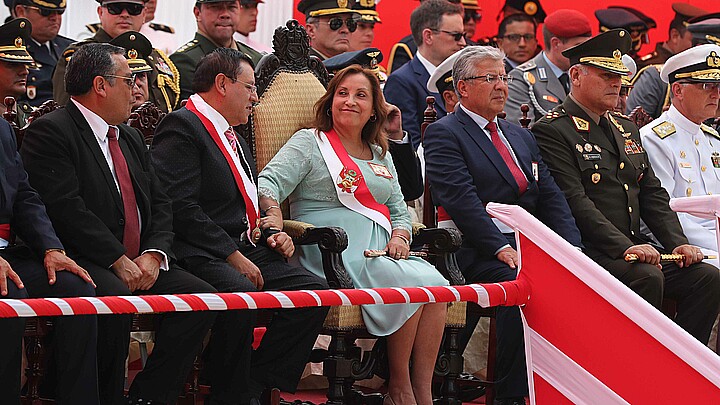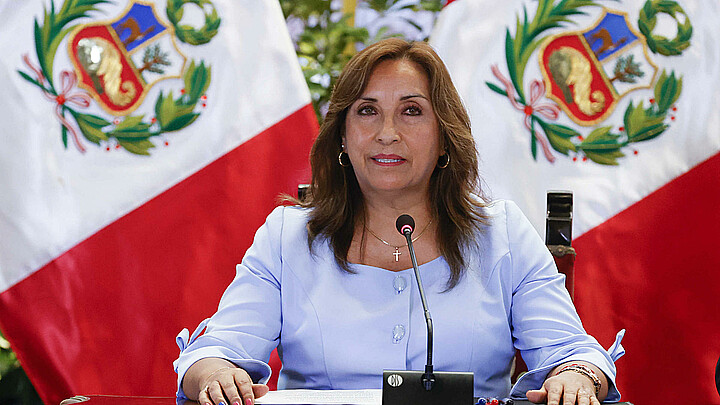Politics
Peru imposes curfew as mass fuel protests rock the country
Peruvians took to the streets on Monday after Russia’s invasion of Ukraine pushed fuel and fertilizer prices to record high levels
April 5, 2022 6:32pm
Updated: April 5, 2022 11:58pm
Leftist President Pedro Castillo imposed a curfew in Peru’s capital, Lima, on Tuesday -- a move aimed at curbing popular protests against rising fuel and fertilizer costs throughout the Andean nation.
"The cabinet has agreed to declare a ban on the mobility of citizens from 2 a.m. through 11:59 p.m. of Tuesday April 5 to protect the fundamental rights of all people," Castillo told Peruvians in a nationwide broadcast, Reuters reported.
Peruvians took to the streets on Monday after Russia’s invasion of Ukraine pushed fuel and fertilizer prices to record high levels.
Castillo’s government has scrambled to address the issue, but the protests appear to be representative of the Peruvian people’s growing discontent with the president and his party.
Although Castillo once enjoyed wide support among Peru’s rural poor, his support has evaporated in the 8 months since he took office and presently stands at about 25% nationwide. While in office, he has survived two impeachment attemptsand been forced to reshuffle his cabinet countless times.
The protests certainly won’t help, though, and government officials have stated that at least four people were killed after protesters clashed with police near the southern city of Ica.
"This strike isn't happening just here, it's all over Peru," said one protester in Ica.
The protests were born last week after farmers and truckers blocked the main highways to Lima – a move which caused food prices to rise overnight. Although the government responded over the weekend with a proposal to slash fuel taxes and raise the minimum wage by approximately 10%, the protests continued to rage on Tuesday.
The government has also issued an emergency declaration for its agricultural sector due to rising fertilizer prices, noting that Western sanctions are poised to disrupt Russian potash, ammonia, urea and other soil nutrient exports.










